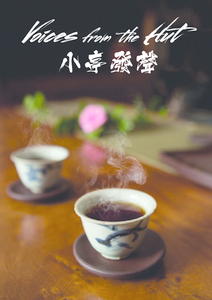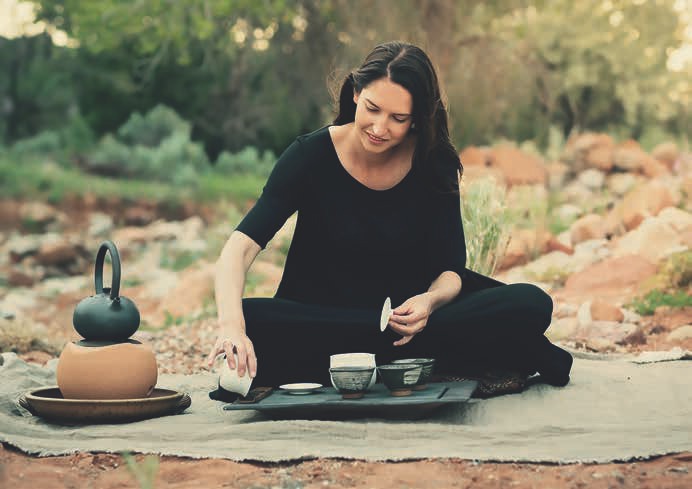
 |
|

Sometimes, the biggest shifts in our world are the hardest to see, announcing themselves in little more than a whisper.
In 2007, a new version of the Oxford Junior Dictionary was published with some noteworthy additions and some heartbreaking "deletions." It wasn't until January of this year that the full significance of these changes caught the attention of the literary world. Margaret Atwood and nearly thirty other authors, poets and naturalists penned a letter to Oxford University Press urging them to "restore" the lost words. What follows is a partial list of the "deletions":
acorn, adder, almond, apricot, ash, beech, beetroot, blackberry, blacksmith, bloom, bluebell, boar, bramble, bran, bray, bridle, brook, bullock, buttercup, canary, canter, carnation, catkin, cauliflower, cheetah, chestnut, clover, colt, conker, corgi, county, cowslip, crocus, cygnet, dandelion, drake, doe, fern, ferret, fungus, gerbil, goldfish, gooseberry, gorse, guinea pig, hamster, hazel, hazelnut, heather, heron, herring, holly, horse chestnut, ivy, kingfisher, lark, lavender, leek, leopard, liquorice, lobster, magpie, manger, melon, minnow, mint, mussel, nectar, nectarine, newt, otter, ox, oyster, pansy, panther, parsnip, pasture, pelican, piglet, plaice, poppy, porcupine, porpoise, primrose, prune, radish, raven, rhubarb, sheaf, spaniel, spinach, starling, stoat, stork, sycamore, terrapin, thrush, tulip, turnip, vine, violet, walnut, weasel, willow, wren.
And here are the words that took their place:
apparatus, allergic, attachment, bilingual, biodegradable, block graph, boisterous, brainy, broadband, bullet point, bungee jumping, cautionary tale, celebrity, classify, chatroom, childhood, chronological, citizenship, colloquial, committee, common sense, compulsory, cope, creep, curriculum, cut and paste, database, debate, democratic, donate, drought, dyslexic, emotion, endangered, Euro, EU, export, food chain, idiom, incisor, interdependent, MP3 player, negotiate, square number, tolerant, trapezium, vandalism, voicemail.
It's possible to make too much of the publisher's decision, but equally possible to miss its greater significance. Not only are we losing actual species, but we're also losing our ability to talk about the natural world with precision and specificity.
In the beautifully written book Anam Cara, Irish poet and philosopher John O'Donohue describes England's attempt to destroy the Gaelic language as the greatest act of violence against the Irish: "when you steal a people's language, you leave their soul bewildered."
To address the natural world with accuracy is to understand the true significance of what it means to "relate." With words, we strengthen our relationship and connection to the world, seeing the numinous in the ordinary, the other in the self, and the self in the other. Tea can definitely help restore this faculty in us.
And our bewildered souls are desperately in need of meaningful "relating." Again, in the words of John O'Donohue:
"Fashioned from the earth, we are souls in clay form. We need to remain in rhythm with our inner clay voice and longing. Yet this voice is no longer audible in the modern world. We are not even aware of our loss, consequently, the pain of our spiritual exile is more intense in being largely unintelligible."
Recently, I had the privilege of serving tea to twenty graduate students from the Environmental Humanities Department at the University of Utah. The students were engaging, knowledgeable, wise and above all, grief-stricken. They wanted to be of service but feared they didn't have the "courage" to do so - to put themselves in harm's way, to risk persecution, to bear witness, to see the world with open eyes.
It takes courage to keep looking - to see the Animas River and Gold King Mine Spill; the collapse of the waste dam in Minas Gerais, Brazil; the chemical spill in West Virginia; the continued radioactive leak at the Fukushima nuclear complex, etc.
The temptation to look away is strong and well-founded. These are not the sorts of lists I care to make.
Yet, too often, people are either on the side of "science" or that of "spirit." Spiritual seekers frequently fail to engage the world, and those engaging the world often do so without a spiritual practice. Admittedly, I'm wildly overstating the situation, forgetting prominent exceptions (such as the Dalai Lama), and grossly oversimplifying, but I'm doing so intentionally, because I feel that spiritual seekers need the field of action, and the field of action needs spiritual seekers - matter and spirit.
With the students - because I had been asked and because they seemed hungry for direction - I shared as richly as I could, grounding them in the power and possibility of their own presence. Such empowerment is needed in the world.
What they left me with was a deeper summons - a haunting and urgent reminder that the world needs our stillness, that we have something to give and that we need to give as generously as possible.
It is a privilege to be a part of this evolving community of Chajin. In the words of Pema Chödrön, "We are needed."


